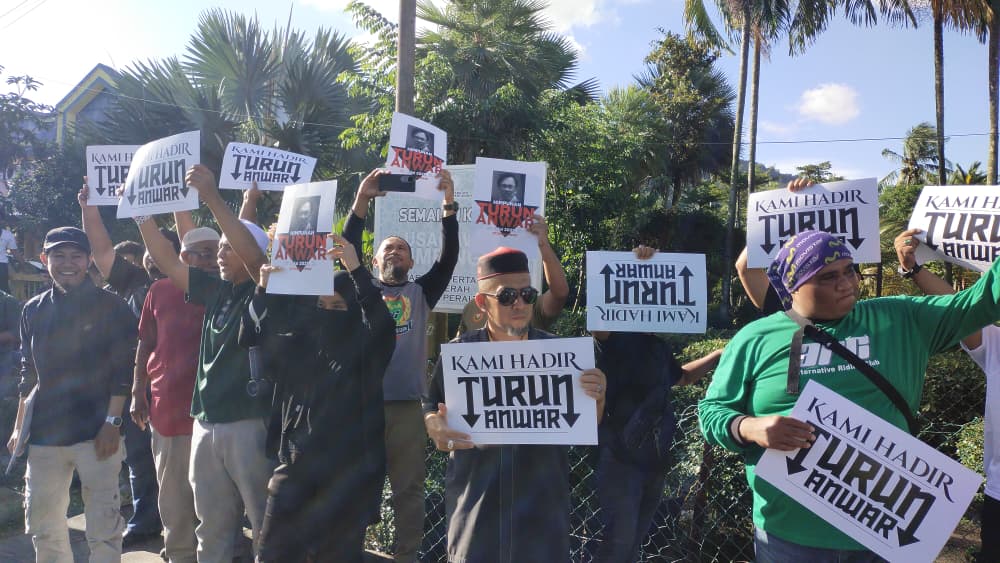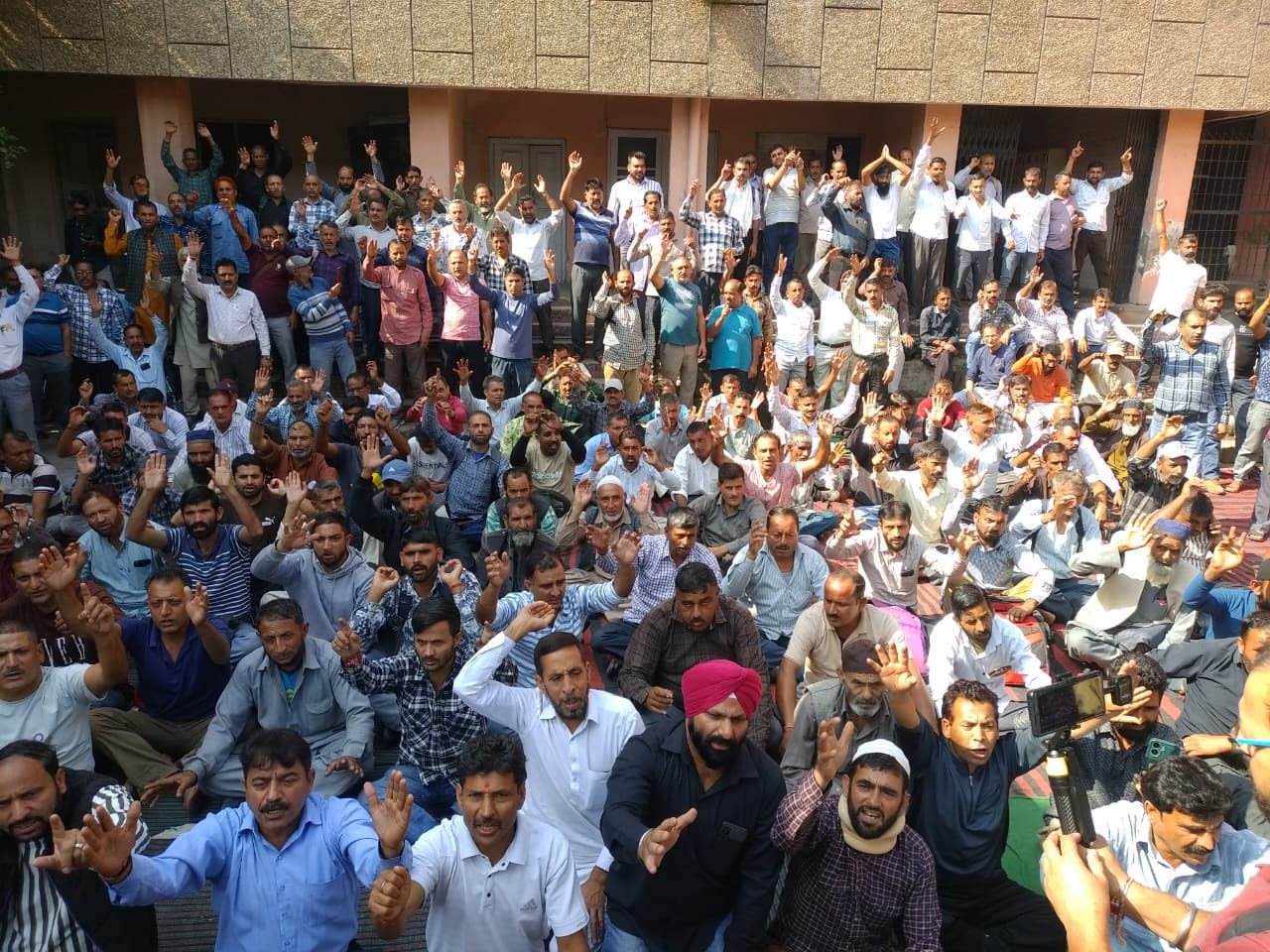BRASILIA, Aug 17 — Under the warm Brazilian sun, President Luiz Inacio Lula da Silva crouched down to plant a grapevine—symbolic and powerful. These grapes, once just a proud part of Brazil’s agricultural richness, now carry the weight of a global trade dispute.
With hands in the soil, Lula looked into the camera and spoke directly to former U.S. President Donald Trump:
“I hope you can visit someday so we can talk. So you can get to know the real Brazil—the Brazil of samba, carnival, football… a Brazil that cherishes friendship with the United States, China, Russia, Uruguay, Venezuela. We are a people who love, not hate.”
This heartfelt invitation comes as Brazil faces steep 50% tariffs imposed by the United States under Trump’s leadership, directly targeting products like grapes. But for Lula, this isn’t just a policy issue—it’s personal, political, and symbolic.
The new tariffs mark one of the most severe blows to any U.S. trading partner in recent history. Uniquely, these sanctions aren’t merely economic—they’re entangled in political tensions. Trump accused Brazil of waging a “witch hunt” against his political ally, former Brazilian president Jair Bolsonaro, who is currently on trial for an alleged coup attempt in 2022.
In solidarity with Brazil’s judiciary, Lula firmly supports the Supreme Court, which has recently faced sanctions from the U.S., including from eight top judges.
“We will defend the sovereignty of the Brazilian people,” Lula said. And he’s not bluffing—his government is considering lodging an appeal against the tariffs.
The backdrop to this conflict? Brazil’s vibrant export economy, which had a $284 million trade surplus with the U.S. last year, is now under threat. Decades of cooperation and partnership are hanging in the balance.
But Lula’s message wasn’t just for Trump—it was for the world.
“We must plant food, not hate. Not violence,” he said, echoing a sentiment of unity, peace, and mutual understanding in a time of growing international division.
In a polarized world, Lula’s olive branch—wrapped in samba and soil—is a powerful reminder: politics can divide, but humanity, culture, and food can bring us back together.




